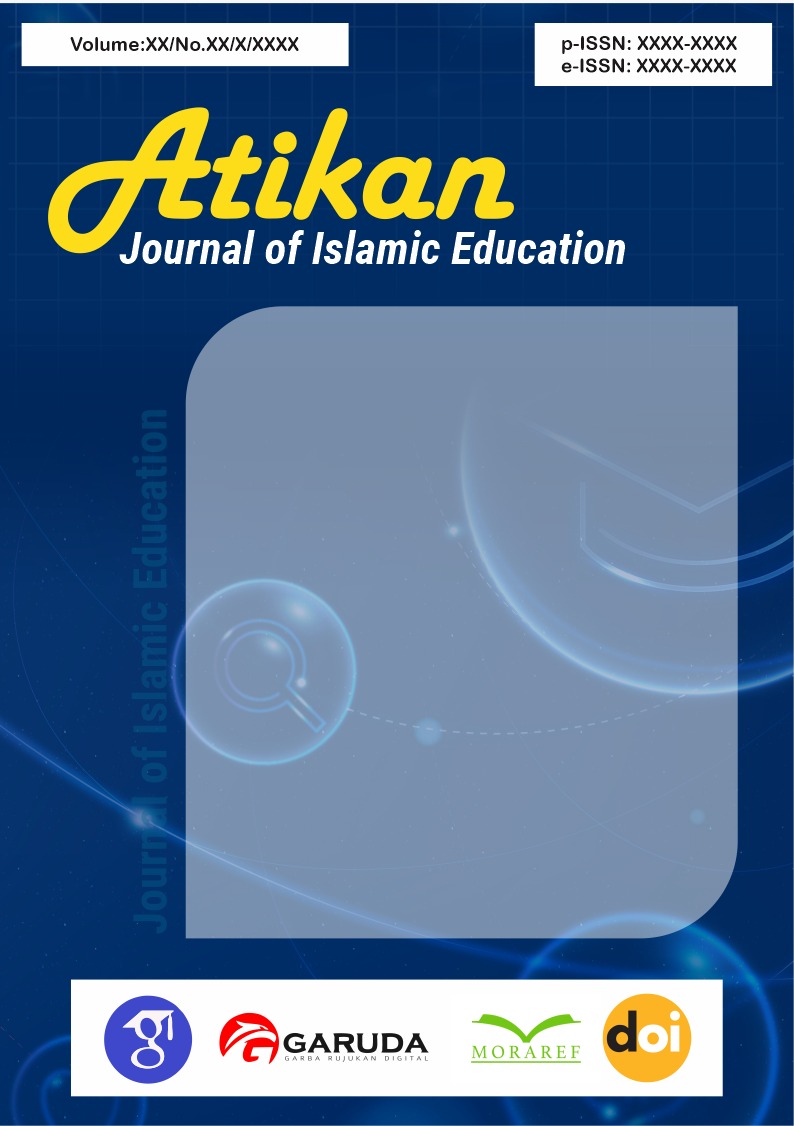Holistic Education in the Perspective of Islamic Education: Integration of Spiritual, Intellectual, and Social Values
Keywords:
Holistic education, Islamic education, Islamic thoughtAbstract
Islamic Religious Education (PAI) in Indonesia remains challenged by fragmented approaches that prioritize cognitive aspects while overlooking affective and psychomotor domains. This study explores the effectiveness of a holistic education model in bridging religious values with practical life applications. Using a qualitative literature review, the research analyzes Qur'anic texts, classical and contemporary Islamic educational thought, and the model’s application in schools and modern pesantren. The findings show that holistic education enhances students’ conceptual understanding, critical thinking, social engagement, and motivation. Field data indicate increases in personal piety (40%), critical thinking (35%), and social participation (50%). These outcomes underscore the need for contextual curriculum reform in PAI that integrates spiritual, intellectual, social, and physical development. Rooted in QS. Al-Baqarah: 30–33 and aligned with national education goals, holistic education is not only a pedagogical innovation but a strategic paradigm for nurturing well-rounded and transformative Muslim learners in contemporary society.











